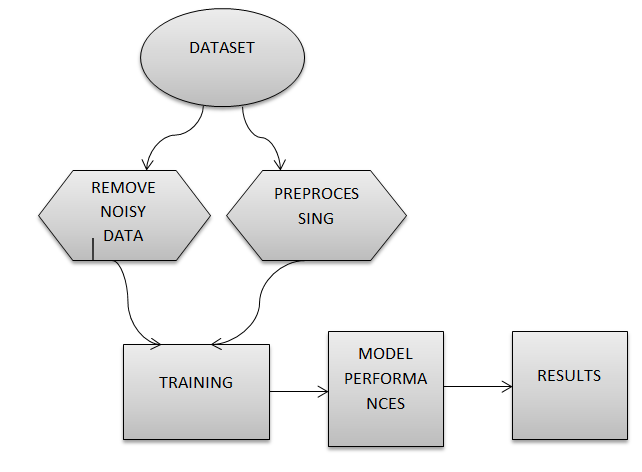An Experimental Study for Software Quality Prediction with Machine Learning Methods
Objective
In the proposed model, Machine learning algorithms such as Xgboost, Random Forest and Decision Tree are applied to the data to predict the software quality and reveal the relation between the quality and development attributes. At final, the experimental results show that the quality level of software can be well estimated by machine learning algorithms.
Abstract
Software quality estimation is an activity needed at various stages of software development. It may be used for planning the project`s quality assurance practices and for benchmarking. In earlier previous studies, two methods (Multiple Criteria Linear Programming and Multiple Criteria Quadratic Programming) for estimating the quality of software had been used. Also, C5.0, SVM and Neutral network were experimented with for quality estimation. These studies have relatively low accuracies.
In this study, we aimed to improve estimation accuracy by using relevant features of a large data set. We used a feature selection method and correlation matrix for reaching higher accuracies. In addition, we have experimented with recent methods shown to be successful for other prediction tasks. Machine learning algorithms such as Xgboost, Random Forest and Decision Tree are applied to the data to predict the software quality and reveal the relation between the quality and development attributes. The experimental results show that the quality level of software can be well estimated by machine learning algorithms.
Keywords: Estimation, Machine Learning, Software Quality, Gradient Decent, Boosting.
NOTE: Without the concern of our team, please don't submit to the college. This Abstract varies based on student requirements.
Block Diagram

Specifications
SOFTWARE SPECIFICATIONS:
- Technology: Machine Learning, Application.
- Libraries: Pandas, Numpy, Sci-Kit Learning.
- Version: Python 3.6+
- Server-side scripts: HTML, CSS, JS
- Frame works: Flask
- IDE: Pycharm
HARDWARE SPECIFICATIONS:
- RAM: 8GB, 64-bit os.
- Processor: I3/Intel processor
- Hard Disk Capacity: 128 GB +
Learning Outcomes
- What is Feature Concept
- Preprocessing techniques
- Data correlation
- Scope of Real Time Application Scenarios
- How Internet Works
- What is a search engine and how browser can work
- What type of technology versions are used
- Use of HTML , CSS on UI Designs
- Data Parsing Front-End to Back-End
- Working Procedure
- Introduction to basic technologies used for
- How project works.
- Input and Output modules
- Frame work use
- Datsets properties
- Machine learning algorithms.
- Data preprocessing methods
- Principle component analysis
- Project Development Skills:
- Problem analyzing skills.
- Problem solving skills.
- Creativity and imaginary skills.
- Programming skills.
- Deployment.
- Testing skills.
- Debugging skills.
- Project presentation skills.
- Thesis writing skills.





 Paper Publishing
Paper Publishing
